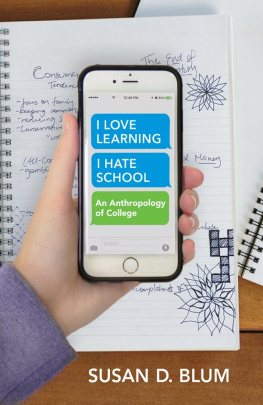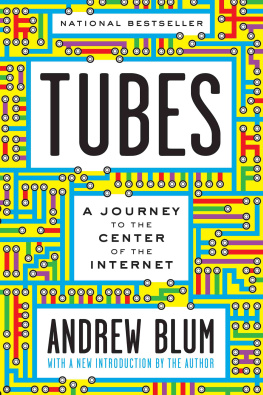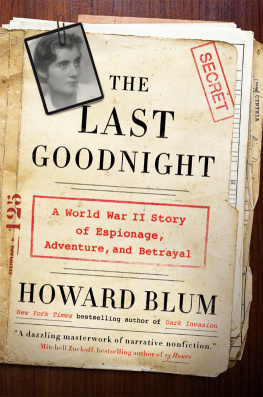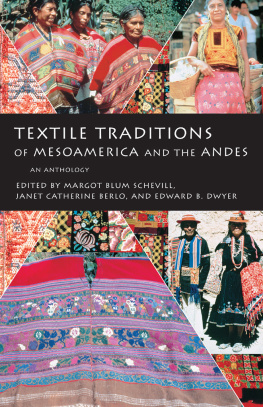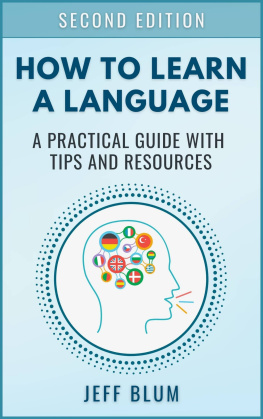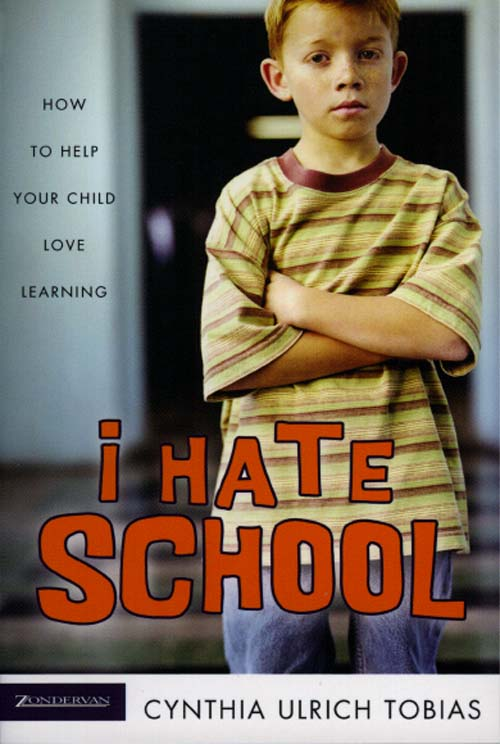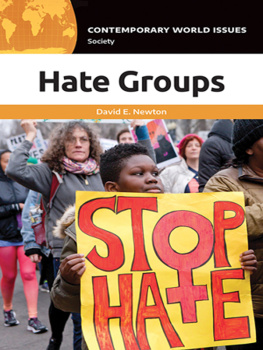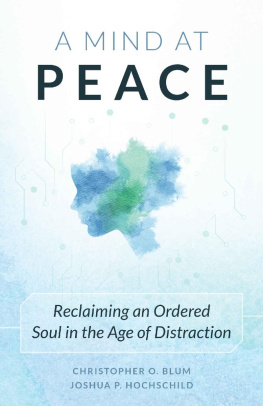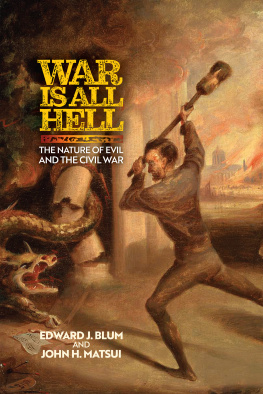Blum - I love learning; I hate school: An anthropology of college
Here you can read online Blum - I love learning; I hate school: An anthropology of college full text of the book (entire story) in english for free. Download pdf and epub, get meaning, cover and reviews about this ebook. year: 2016, publisher: Cornell University Press, genre: Religion. Description of the work, (preface) as well as reviews are available. Best literature library LitArk.com created for fans of good reading and offers a wide selection of genres:
Romance novel
Science fiction
Adventure
Detective
Science
History
Home and family
Prose
Art
Politics
Computer
Non-fiction
Religion
Business
Children
Humor
Choose a favorite category and find really read worthwhile books. Enjoy immersion in the world of imagination, feel the emotions of the characters or learn something new for yourself, make an fascinating discovery.
- Book:I love learning; I hate school: An anthropology of college
- Author:
- Publisher:Cornell University Press
- Genre:
- Year:2016
- Rating:5 / 5
- Favourites:Add to favourites
- Your mark:
- 100
- 1
- 2
- 3
- 4
- 5
I love learning; I hate school: An anthropology of college: summary, description and annotation
We offer to read an annotation, description, summary or preface (depends on what the author of the book "I love learning; I hate school: An anthropology of college" wrote himself). If you haven't found the necessary information about the book — write in the comments, we will try to find it.
Blum: author's other books
Who wrote I love learning; I hate school: An anthropology of college? Find out the surname, the name of the author of the book and a list of all author's works by series.
I love learning; I hate school: An anthropology of college — read online for free the complete book (whole text) full work
Below is the text of the book, divided by pages. System saving the place of the last page read, allows you to conveniently read the book "I love learning; I hate school: An anthropology of college" online for free, without having to search again every time where you left off. Put a bookmark, and you can go to the page where you finished reading at any time.
Font size:
Interval:
Bookmark:
For Kathi, Bobby, Linda, and Barbara
Long may we giggle play work learn worry eat rejoice together, in good health
When a teachers love of learning has been scorned she may find herself in despair. Through exploring and understanding these teachers despair, along with their love of learning in teaching and its loss, we may come to see more clearly the possibilities entailed in a larger love.
Daniel P. Liston, Love and Despair in Teaching
Proliferation of versions of a theory is a very usual symptom of crisis. Scientific revolutions are those non-cumulative developmental episodes in which an older paradigm is replaced in whole or in part by an incompatible new one.
Thomas S. Kuhn, The Structure of Scientific Revolutions
There are only two things wrong with the education system
- What we teach
- How we teach it.
Roger Schank, on his website, RogerSchank.com
What the Good Student Did Not Know
For many students the experience of schooling is easily summed up: Nothing of real importance is a part of classroom life, nothing is connected to anything else, nothing is pursued to its furthest limits, nothing is ever undertaken with investment or courage, and nothing of lasting value is ever accomplished.
W ILLIAM A YERS , On the Side of the Child
The title of this book is a quotation from an interview with a high-achieving college student. Actually, she mentioned several times how little she liked schoolhow much she hated it. In this peer interview, my undergraduate research assistant (herself successful, enthusiastic, accepted at an Ivy League college but attending Notre Dame because of the financial package) chimed in that she hated it too. But then the interviewee went on to say, I actually hate it, like, it makes me miserable [but] I want to be a teacher because I feel like I can change the way school is for people.
People like me love both learning and school. We become professors and teachers. And so convinced are we of our passion that it is hard to understand how anyone wouldnt share itor at least it was hard for me for fifty years. I couldnt understand why so many students didnt care, much less why they would hate this system I loved so much. But Ive learned that students have good reasons for hating itlearned with my head and with my heart.
By the time the student actually uttered the sentence I love learning; I hate school, not only was I not shocked; I was expecting it. Rarely, though, had I heard such a clear statement of the thesis of this book. Many of our students love learning and learn constantly and joyfully, because humans are born to learn. But the formal schooling that has been imposed on almost all young people until well into adulthoodnow, that is a much tougher fit. Because people are adaptable, most can be shaped to endure, and some even end up, like the one quoted here, at first-rate universities. But that doesnt mean this is the way things should be.
I Love Learning; I Hate School: An Anthropology of College tells the story of how I, a professor with twenty-five years of university teaching, an anthropologist studying this subject, a mother of two young adults, and a lifelong lover of schooling, lost faith in school but gained faith in my fellow humans.
Like many other college professors, I constantly asked myself and colleagues, Why dont they care!? But after a while I took the question as not just rhetorical but as a genuine one. This book is my answer.
Until I was fifty, Id spent almost all my life living in, for, and through school. Going to school had been my primary activity, every day, for half a century. From nursery school through my Ph.D. and then as a professor at five universities, with side stints in Elderhostels, preschools, and everything in between, public, private, religious, I loved school. I was good at it, and it was good to me. I was a true believer.
I will tell you about critics complaints such as that students dont care or dont learn, even at our best universities; Ill show why it is inevitable that schooling as we know it prevents learning. I see this as a crisis preceding a radical transformation. I end with suggestions about eliminating the automatic assumption that every young adult should go to college, and I discuss some of the good ideas floating around that can improve learning.
The bottom line is this: the more learning in school resembles the successful learning that is so abundant outside school, the greater the chance that some learning will take place. Learning occurs everywhere, all around us, often extremely effective and welcome. It can be observed in Bible study, book clubs, film groups, computer applications; in sewing, gardening, cooking; in dancing, playing sports, fixing cars, building thingsin short most of what we do in most of our life.
The basic idea is that humans are born to learn, but not only cognitively. We are social, embodied, and emotional animals, with the capacity for learning any version of human culture. The more we take learning out of context and put it, cleanly and abstractly, into an institutional framework and ask students to perform in isolation, the less possible it is to learn. This now universal system of institutionalized schooling not only destroys joy and curiosity, and creates dropouts and failures, winners and losers. It also often fails to achieve even the goals we set, however assessed and however defined. This system that reduces humans to thinkers has existed for perhaps three centuries but has been widespread for only about a hundred years. Though people like me can operate at that abstract, cognitive, theoretical level, most people are doomed to fail if asked to work this way. As a result, we find cheating, alienation, resistance, corner-cutting, fixation on credentials. To combat all this, faculty and administrators increasingly focus on managerial approaches. Students learn plenty; they just dont learn the stuff presented by teachers in classrooms. Most classroom material is forgotten immediately; students even boast about it. This seems criminally wasteful.
I used to be frustrated by my students as individuals. I blamed them for their lack of devotion to the scholarly cause. Like other faculty, I grumbled and complained and, Im sorry to say, disdained. And then I studied this problem anthropologically, but also as a human being. In the end, I discovered compassion for students struggling within a system they did not devise and that cannot possibly suit their human needs. And I changed my own heart, mind, and behavior as a result. I love the students; I deplore the system.
The factors influencing my reconsideration are both personal and professional, emotional and intellectual, accidental and deliberate. I spend.) And like the food system, education is ripe for a major overhaul, a revolution.
I believe that before too long there will be widespread recognition of the ineffectiveness and inhumanity of universal compulsory schooling guided by an industrial model of predetermined, teacher-centered curriculum, measured by time-in-seat and assessed by high-stakes testing, with sorting (evident in grades and scores) as the principal goal. This dominant educational paradigm replicates race and class inequalities and distorts the natural human need to move around and have varied experiences. A new paradigm must come; the current one clearly works only for a few.
This dream of a new model has many facets. In such a vision, our young would be learning life skills and academic (cognitive) skills as motivated by need and desire, building on humans naturaland I mean this in a truly evolutionary sensecuriosity and ability to discover patterns. This would happen through some formal, structured ways of learning but also through learning by observation, learning by doing, learning by apprenticeship in both the loose and the strict meanings. There would be many who find opportunities to earn a living by the time they are in their middle to late teens; we would accept the immense capacity of people at all ages. In fact, age would no longer be the defining category of personhood, the strait-jacket that it has been across a century of industrial schooling.
Next pageFont size:
Interval:
Bookmark:
Similar books «I love learning; I hate school: An anthropology of college»
Look at similar books to I love learning; I hate school: An anthropology of college. We have selected literature similar in name and meaning in the hope of providing readers with more options to find new, interesting, not yet read works.
Discussion, reviews of the book I love learning; I hate school: An anthropology of college and just readers' own opinions. Leave your comments, write what you think about the work, its meaning or the main characters. Specify what exactly you liked and what you didn't like, and why you think so.

